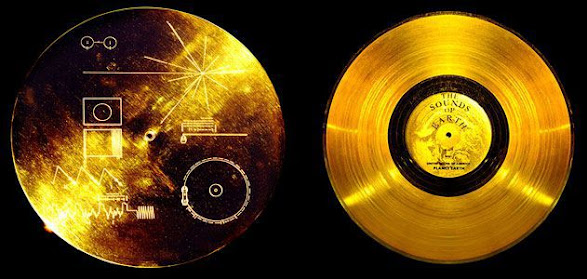Blog Post - Literature Review #5
Visual : Citation : Howell, E. (2015, January 29). How would the world change if we found extraterrestrial life? Retrieved March 10, 2021, from https://phys.org/news/2015-01-world-extraterrestrial-life.html Summary : The article generally illustrates few points about how would humankind react to the state when we successfully make contact with an alien civilization, referring to the history of different countries of ambassadors or adventures first explored into another nation. As a reference of the history, there would be barriers at the communication stage; one would be the civilization differences; one would be the difference of mathematics on language, and the last would be the ethics and moral standards between aliens and humankind, and this is would be the extreme challenge for human beings. Author : Elizabeth Howell is a contributing writer who is one of the few Canadian journalists to report regularly on space exploration. She is the author or co-author of several bo...



